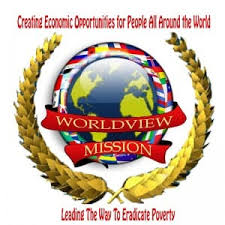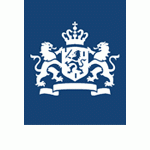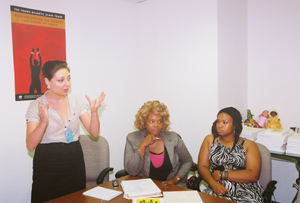http://worldviewmission.nl/?page_id=6182
———————————————-
UN Secretary-General Message International Day of Sport for Development
https://www.youtube.com/watch?v=6mP7EznKuAM&list=UUEctTogFugkgAzHwpM8a5cQ#t=21
.
.
http://www.un.org/millenniumgoals/pdf/A%20Life%20of%20Dignity%20for%20All.pdf

http://www.un.org/sport2005/index.html
SPORT IS A UNIVERSAL LANGUAGE THAT CAN BRING PEOPLE TOGETHER, NO MATTER WHAT THEIR ORIGIN, BACKGROUND, RELIGIOUS BELIEFS OR ECONOMIC STATUS
– KOFI ANNAN UN SECRETARY GENERAL-
- Minister of Health, Welfare and Sport, A Universal Language http://www.un.org/sport2005/
———————————————————————————————–
A world without forced migration; Why migrants should support the call for development justice
Apologies for cross-posting
Asia Pacific Mission for Migrants (APMM)
Office Address: G/F, No.2 Jordan Road, Kowloon, Hong Kong SAR
Tel. no.: (852) 2723-7536 Fax no.: (852) 2735-4559 General E-mail: apmm@hknet.com
Other Email Addresses: Managing Director : rbultron@gmail.com Marriage Migrants Program : ammoresect08@gmail.com
CPG4SD@googlegroups.com. Visit this group at http://groups.google.com/

————————————————————————————————
“FESTI.BALL: Inclusive, Green and Social” – Barcelona May 2014
Dear Colleagues & Friends,
“FESTI.BALL: Inclusive, Green and Social” (first edition May 11th, Barcelona) is an adequate tool with plenty of materials for Education for sustainable development (in its evolving meaning of course). It provides through social sport the knowledge and skills for local stakeholders towards dealing collectively with problems and identifying collectively possi
More information: https://www.
REBOUND (GK4D) is a service established by the Group Knowledge for Development (GK4D) – Community Equipment Branch (GK4D www.gk4d.eu) with the mission of social responsibility, promoting and realizing resources in social communication for local sustainable development. A service having a special curriculum in non formal education and offering a program of activities ranging from social sport & physical activities, cultural diversity, nutrition & food safety, environmental protection & responsible consumption. All within the context of the United Nations Alliance of Civilizations, European Campaign “Now We Move”, Sustainable Consumption & Production (SCP), and Mediterranean Diet food model.
Cordially yours, Abbas
—
Abbas Ibrahim Zahreddine
Agricultural Engineer AG, Master in Environmental Education MEd,
Environmental Citizenship, Education & Communication for Sustainable Development
Barcelona – Spain
TEL 00 34 636011331 (Direct-GSM)
EMAIL: info@gk4d.eu
WEBSITE: www.gk4d.eu
———————————————————————————————————
United Arab Emirates.pdf 319 kB Click Open Moataz .A.ElourInternational Program Coordinator -Youth&Sports AuthorityMember of Institution Of Culture & Diplomatic
facebook: motaz adil, twitter: moatazelnour +971555034083
Ms. Jamina De Gonzaga, Ms Hélène H. Oord & Miss Janelle Vannette Boyd
Miss Boyd is enrolled in the College of Agriculture and Life Sciences
- http://www.cornellbigred.com/roster.aspx?path=&rp_id=13911
- http://www.nypost.com/p/sports/high_school/softball/seeing_red_former_molloy_star_boyd_Ozonpypw5wFycTaXfBL8WK
Miss Janelle V. Boyd
————————————————————————————————




